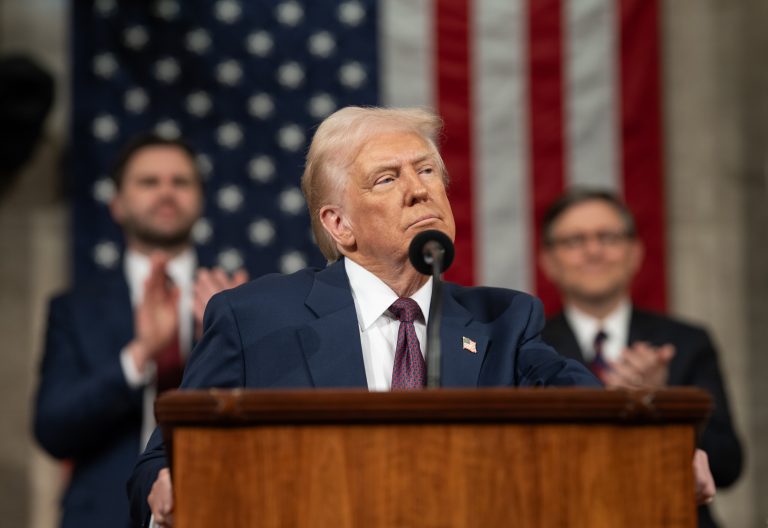US bullying of China could backfire

The United States has been waving the ‘tariff cane’ to the world, with President Donald Trump wielding it and swirling it like a pendulum against any country that he feels must be taught a lesson.
In Trump’s latest stings, China has been on the receiving end. Will hiking tariffs work for China or against China? Could the bilateral relations and cooperation between the two largest economies in the world crumble?
Former US deputy secretary of state and World Bank president Robert Zoellick argues that the Trump administration’s ‘America First’ strategy has exacerbated unilateralist tendencies and triggered a crisis of confidence in the international community. He has questioned the practical effectiveness of tariffs, saying protectionist policies may weaken US competitiveness. Instead, he has called on China and the US to avoid conflict and find a basis for cooperation through pragmatic dialogue.
Zoellick argues that Trump considered himself a ‘master bargainer’ and that he had used the same tactics towards China as he did with Mexico and Canada.
Looking at the current situation, it is highly unlikely that there will be a certain degree of decoupling between the Chinese and the US systems in future. To me the real challenge is: What impact will this decoupling have on the global economy and the integration process?
Decoupling refers to a disconnect between a country’s investment market performance and the state of its underlying economy. In addition, tariffs and restrictions on investment would further be increased to make it more challenging for businesses to access foreign markets and benefit from international cooperation. The supply chains will be seriously impacted to make affordable products.
However, despite the ever-increasing Trump tariffs on Chinese goods, its GDP grew by 5.4 percent in the first quarter of 2025, which is higher than the broad market expectation. The world’s second largest economy got off to a very strong start and laid a solid foundation for the economy to achieve its goal of growing around five percent for the financial year.
The growth rate, in my view, is driven by exports, robust growth in high-tech industrial output and domestic consumption. This consolidated China’s status as one of the fastest-growing major economies in the world and positioned the country to better weather global uncertainties.
According to China’s National Bureau of Statistics, GDP grew to $4.35 trillion in the first quarter, beating a forecast of 5.1 percent by economists polled by Reuters, with the country targeting a full-year economic growth at around five percent in the 2025/26 financial year.
Since January 2025, macroeconomic policies have yielded tangible results, efforts in creating a new pattern of development sped up, cultivation of new quality productive forces accelerated and social expectations and confidence have improved. The national economy was off to a good start and high-quality development was advancing with the new positive momentum.
The first quarter growth was driven by key factors like growth in consumption, investment, industrial output and a boom in technological innovations, especially Deep Seek. In addition, the boost in confidence in the private sector and foreign-funded companies have proved to be some of the key drivers supporting President Xi Jinping’s economic policies.
China’s economy further consolidated its growth momentum in the first quarter by drawing strengths from industrial production and continued policy support amid an overall low growth rate of the global economy, demonstrating its high resilience despite mounting external uncertainties.
The high tariffs imposed by the US will exert certain pressures on China’s trade and the economy in the short term, but I believe it won’t alter the Chinese economy’s long-term positive trajectory. This is because hiking tariffs is unlikely to be effective as countries face the uncertainties of ever-shifting US policies and they are forced to weigh whether the short-term savings will outweigh the long-term benefits of continued cooperation with China.
— The writer is the Chairman of Political Journalists Association of Kenya (PJAK)















